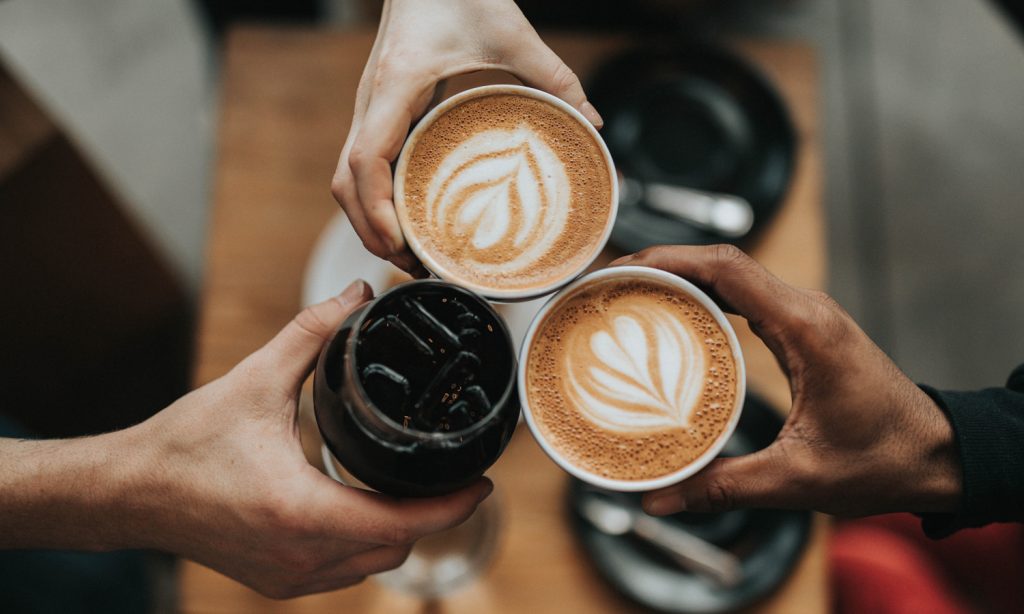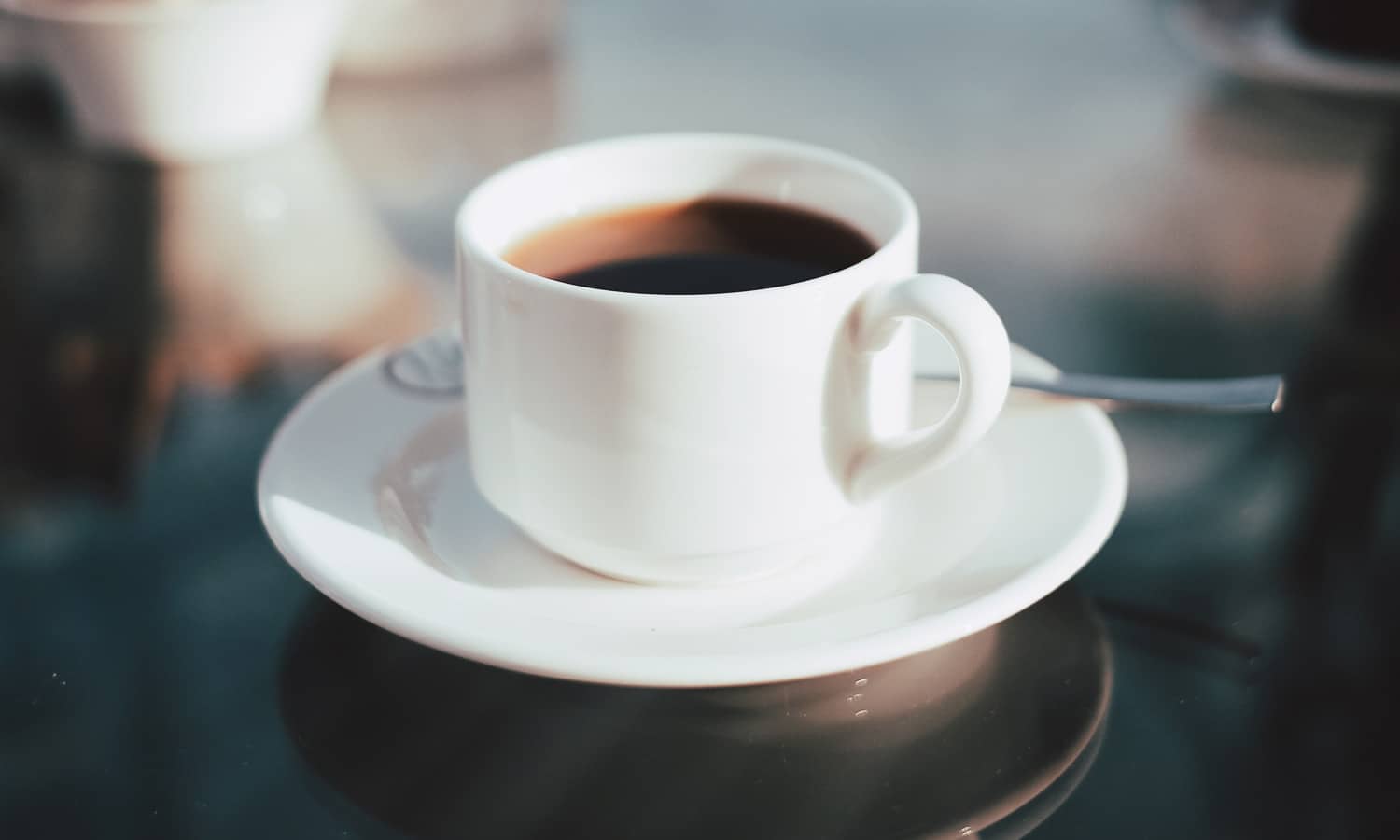Is coffee just a familiar vehicle for cannabis consumption or is there something more to it?
From its reputation as a taboo herb that the hippie crowd smoked in college to a socially–acceptable add-on to your favorite barista drink, cannabis has completely rebranded itself. As “cannaphobia” is diminishing, people are becoming more comfortable with the idea of using cannabis products in everyday life.
What better place to start than coffee, the sacred bean juice that America runs on! After all, caffeine is the most widely consumed psychotropic compound around the globe. And, cannabis — though not available in cafes worldwide, yet — ranks fourth.
Why not combine two plant products, coffee and cannabis, that boast mind-altering substances, caffeine and cannabinoids, respectively? Is coffee just a familiar vehicle for cannabis consumption or is there something more to it? Do the seemingly opposite effects of each cancel one another out? Well, not exactly. Science is always a bit more complicated.
Let’s examine how caffeine works its magic to rev us up. Essentially, it’s all about adenosine, a neuromodulator, whose primary purpose is to promote sleep. Caffeine functions as an antagonist to the adenosine receptors. That means that it gets in the way by blocking adenosine receptors. The end result is a delay of drowsiness signals to the brain. On the other hand, cannabidiol (CBD), a cannabinoid in cannabis, interferes with the reuptake of adenosine, increasing adenosine levels.

For some people, caffeine can trigger anxiety and an over-alertness and jittery sensation. CBD is a well-known anxiolytic, or anti-anxiety compound. Perhaps, this is the reason why coffee and CBD have been together, effectively working to take the smooth the edges, so to speak.
RELATED: A Look At The Mental Effects Of Coffee, Wine and Cannabis
While coffee is consumed to rev up the body and help individuals focus, cannabis is typically used to chill and relax. THC, the most potent psychotropic in cannabis, can impair short-term memory. As one of its fundamental properties, forgetting is why cannabis can be useful for individuals with PTSD. Memory loss is not always a bad thing. Interestingly, caffeine can ramp up the memory impairment brought on by THC.
RELATED: Should You Mix CBD With Your Morning Coffee?
At the end of the day, it’s all about biochemistry and biochemical individuality. What about the differences that can be attributed to genetics in caffeine clearance from the body? Are you a fast or slow caffeine metabolizer? Though a genetic test can reveal this difference, most of us already know. Can you fall asleep before your head hits the pillow immediately after a cup of joe late at night? Or, do you need to stop your caffeine consumption in the morning to avoid insomnia? Maybe a study comparing the impact of cannabinoids on fast and slow caffeine metabolizers is in the works.


